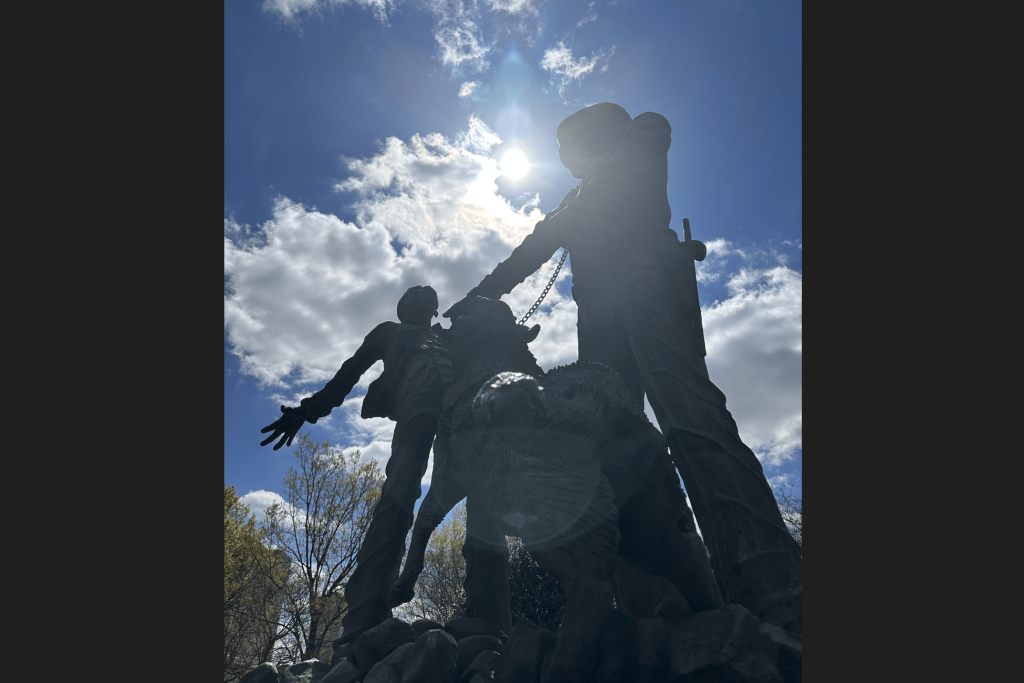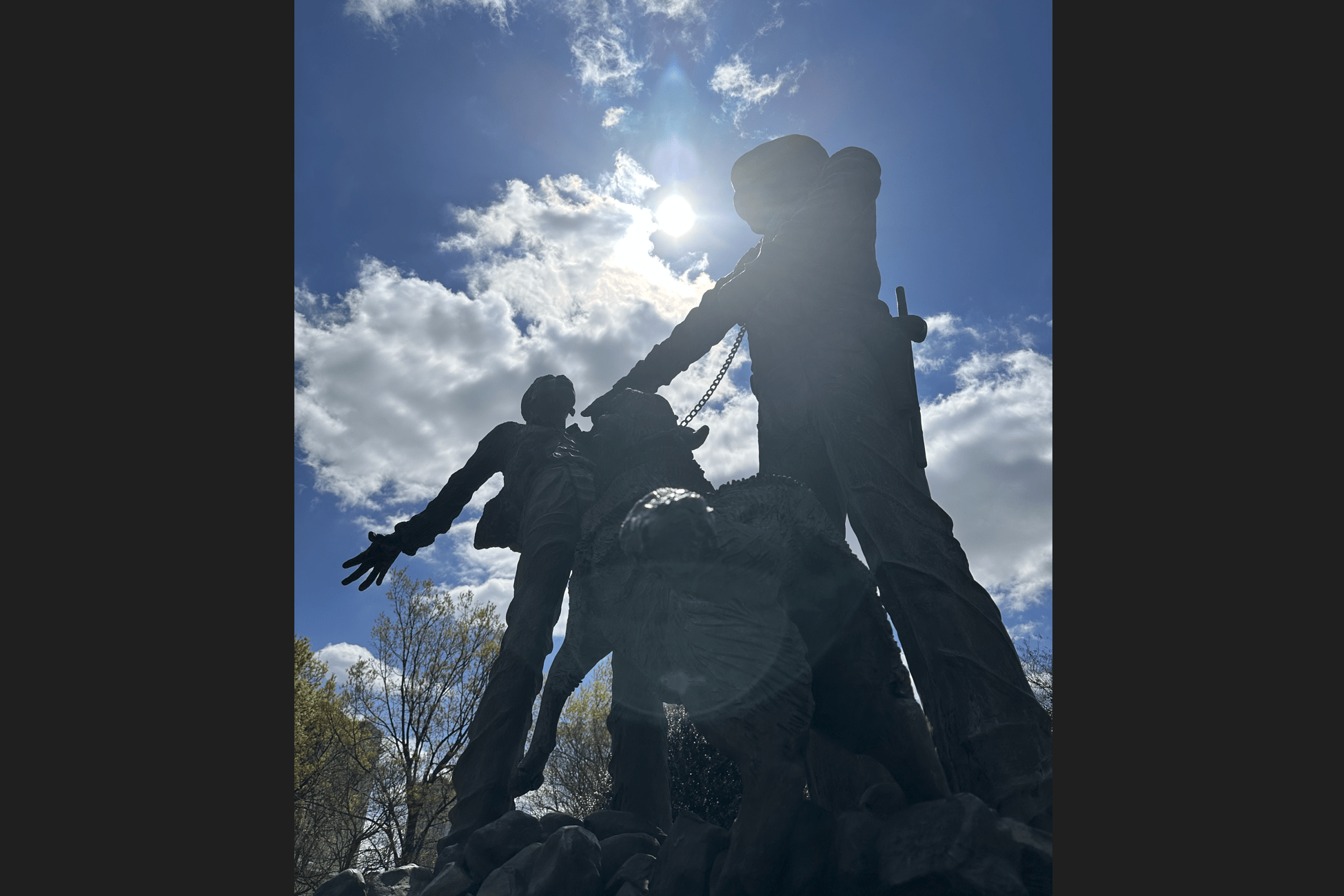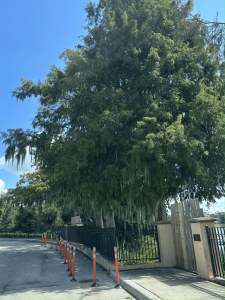
Starting on March 9, 2023, English professors Dr. Paul Reich and Dr. Matthew Forsythe led a group of students on an intensive ten-day field study across the Southern United States.
Last semester, The Sandspur reported on a variety of travel-based study opportunities that were scheduled to occur during Spring 2023. This particular trip spanned multiple locations within Georgia, Alabama, Mississippi, and Louisiana; each of which had a thematic focus on the literature, culture, and the evolving identity of the American South.
As an English major who had only been to one out of four of those states before, I decided to attend this field study in order to better understand the experiential context of the literature that we studied. This particular field study was accompanied by two co-requisite courses: Travel Writing (ENGW267) and Southern Literature (ENG426).
One of my peers, Taylor Ingrassia (‘24), stated, “the trip honestly changed my worldview and how I look at every aspect of [the] southern environment.”
After embarking on a train ride from Winter Park, our group of nine sophomores, juniors, and seniors began the field study in Savannah—the so-called “Hostess City of the South.” Notably, this included a tour of the historic Mercer Williams House featured in John Berendt’s novel Midnight in the Garden of Good in Evil. We then took a detour up to Andalusia Farm in Milledgeville, the former residence of Southern Gothic author Flannery O’Connor.

In order to broaden our understanding of Southern United States history, however, we also went to the recently-erected Legacy Museum and Peace and Justice Memorial in Montgomery, Alabama.
“Any course focused on the South must acknowledge the role race has played in the region,” said Reich, “and sites like the Legacy Museum are a recognition of that relationship.”
The museum and monument outlined the history of enslavement in the United States leading up to modern mass incarceration while also memorializing the victims of racial lynching. An additional trip to Kelly Ingram Park in nearby Birmingham also evidenced the effects of civil rights activism in the 20th century.
The second leg of the trip took us to William Faulkner’s estate in Oxford, Mississippi. The 1840s era Greek Revival home Rowan Oak was purchased by the late author in the 1930s, and was where he wrote novels such as A Fable, which was even left outlined on the wall. Similarly, down in Jackson, we also stopped at the home of Eudora Welty, another Mississippi native.
“The visits to authors’ homes were inspiring,” Ingrassia continued. “But most impactful was our trip to the Legacy Museum. I think every American should go at some point in their life.”
The last stop of the study was in Louisiana, where we toured the Oak Alley and Whitney plantations in Saint John the Baptist Parish, building on the theme of historical influence.
“I think those sites both complement and complicate our understanding of the texts we read in class and provide us with a fuller understanding of both the region and our nation,” Reich noted.
Afterwards, the field study concluded in New Orleans, where we walked to more literary sights including the homes of Faulkner and Tennessee Williams.
Reflecting on the entire experience, Jayden Holliman (‘23) said, “I liked exploring the Southern United States and seeing all of these cities, especially being able to go off and act ‘like a local’ for the day.”
In general, I think the field study was a great complement to the typical classroom discussion of the literature. As Reich says in his own written reflection on the journey, “the text, the site, and the experience of both are all structured narratives open to close reading.”
While traditional study abroad might not be for everyone, experiential learning opportunities like this one are certainly a unique way to diversify one’s college experience. If you are interested in any upcoming field studies or semester long study abroad programs, please reach out to the Office of International Programs.
The opinions on this page do not necessarily reflect those of The Sandspur or Rollins College. Have any additional tips or opinions? Send us your response. We want to hear your voice.









Comments are closed.